I have observed people often get confused between content marketing and inbound marketing. To the extent that they use the expressions interchangeably.
This is because in essence, they both mean the same thing, but their application and implications are different. Both are meant to generate incoming traffic to your website without using traditional advertising which is intrusive and unreliable.
You may think that explaining the difference between content marketing and inbound marketing is more scholarly and less practical, and in a sense you’re right if you think that way.
Content marketing is a subset of inbound marketing.
What is inbound marketing?
What is marketing?
Marketing means promoting products and services so that prospective customers and clients become aware of these products and services, and not just become aware, but also become inclined towards paying for them.
Traditional marketing involves advertising and promotion. You see ads on TV, or hear them on radio, or see them in newspapers and magazines.
You see ads when you watch YouTube videos and videos on social networking platforms like Facebook, Twitter and Instagram.
Traditional advertising and marketing are normally one-sided. You encourage people to visit your store or your website. It’s up to them whether they want to respond to your ads.
Inbound marketing, as the name suggests, creates channels and opportunities for people to come to your store or website on their own. You don’t exhort them into becoming your customers and clients.
You create your presence on various channels where people come across your brand or your proposition and then decide to pay you a visit.
You engage them on an ongoing basis. You make it easier for them to find you, whether on social media and social networking websites, on discussion forums, video hosting websites, events like polls, contests and webinars, SEO for the targeted search terms, and also email marketing.
The basic idea is to let people bump into things that can lead them to visit your website. Every channel is created to generate inbound traffic that is voluntary.
Check out Content writing services for inbound marketing.
What is content marketing?
As I mentioned above, content marketing is a subset of inbound marketing.
Content marketing is done by creating, publishing and distributing content to make it accessible through different channels. This content is helpful, engaging and entertaining. Ideally people should want to have access to this content regularly.
Read: What is Content Marketing? Explained in detail.
Content can come into existence via blog posts, videos, infographics, social media updates, ebooks, case studies, white papers and email updates.
Difference: inbound marketing and content marketing
Inbound marketing is the result of content marketing.
You can use different routes to inbound marketing, and one of the most important routes is content marketing.
In fact, you can easily say that there is no inbound marketing without content marketing.
Should you worry about distinguishing the both?
For the sake of understanding, trying to understand both doesn’t harm, but you shouldn’t worry much about the nomenclature.
With good content marketing, inbound marketing happens naturally.
When you publish relevant content, when you use different (strategic) channels to distribute your content, you automatically start attracting targeted traffic to your website.
Content marketing also has a direct bearing on your search engine rankings. Strategic content marketing in itself is good for your SEO.

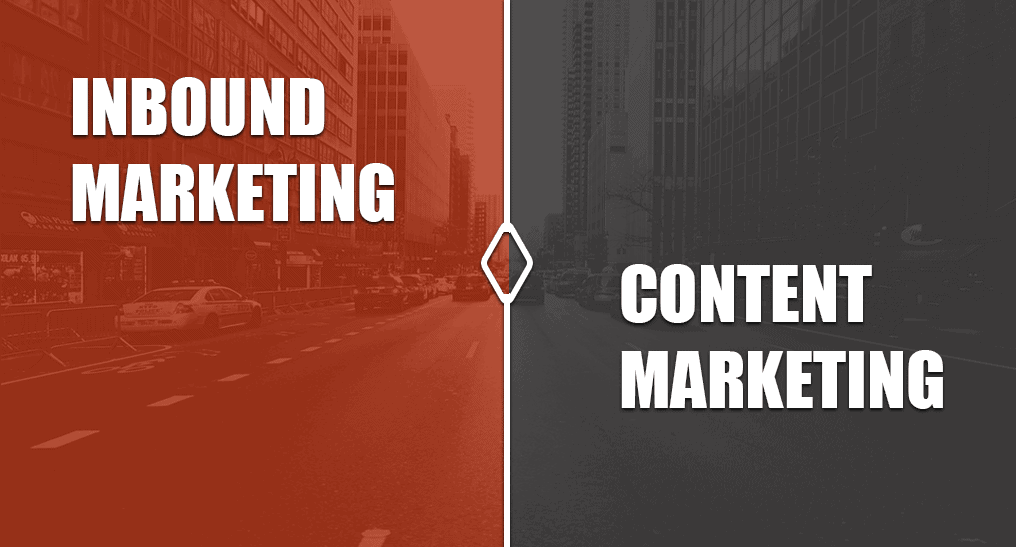
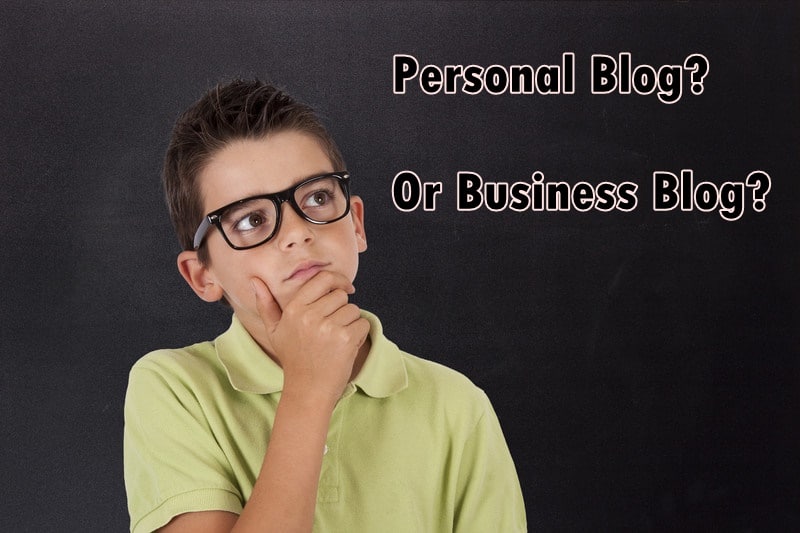
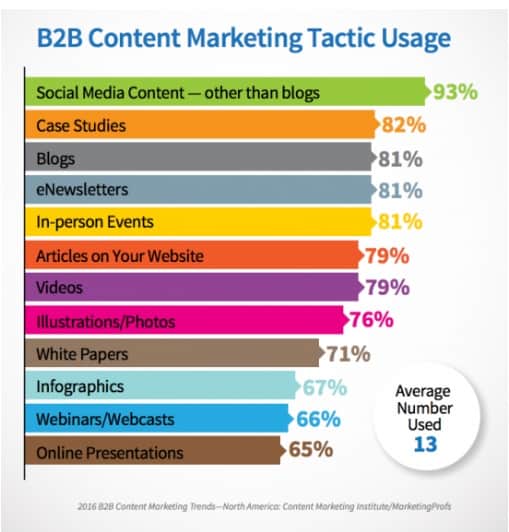
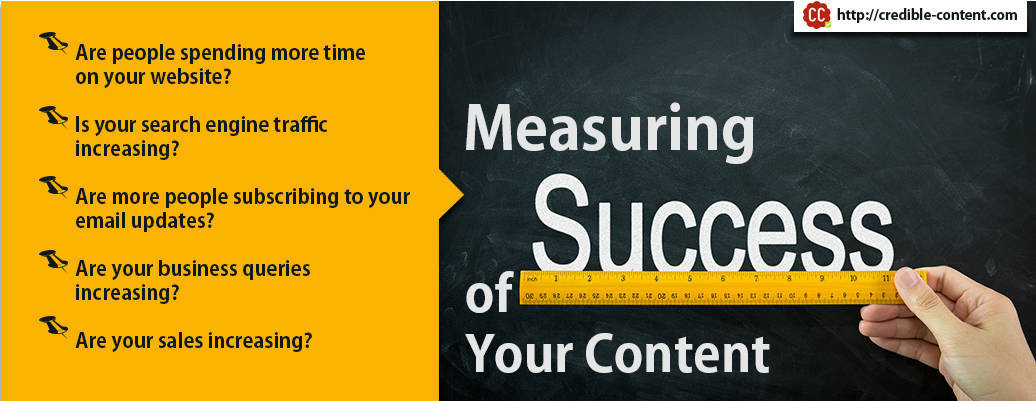
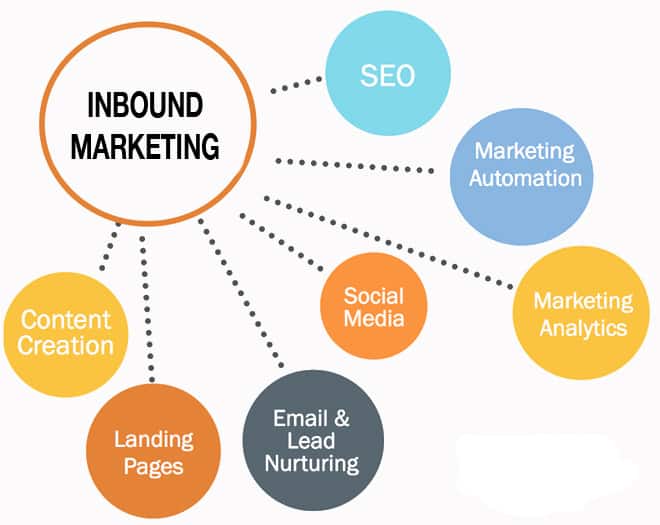
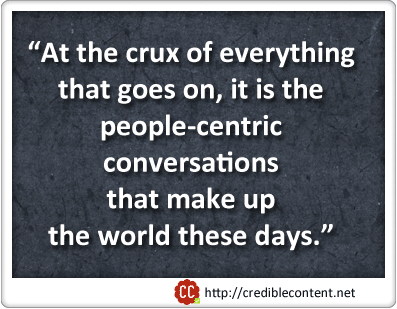
 Click image to enlarge
Click image to enlarge